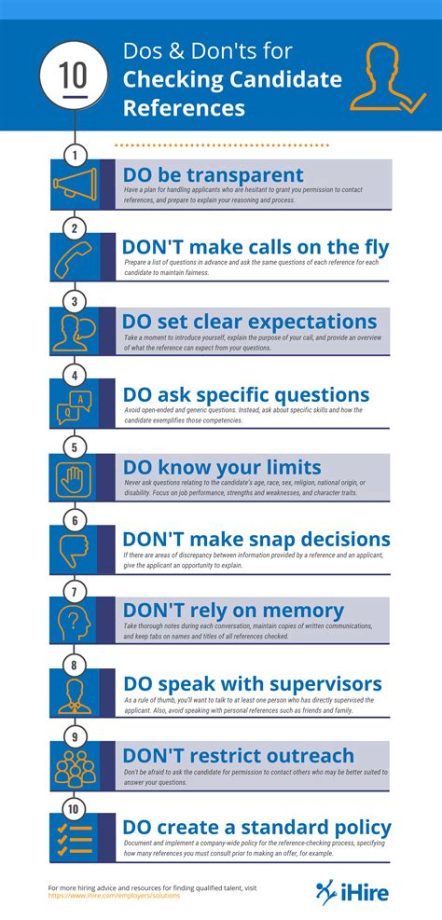Understanding Personal References In English

Personal references are a crucial aspect of communication in English. They help to establish relationships, build trust, and convey respect. In this post, we’ll explore what personal references are, why they matter, and how to use them effectively in different situations.
What Are Personal References?
Personal references are words or phrases that refer to a specific person or group of people. They can be used to address someone directly, to talk about someone in the third person, or to refer to a group of people in general terms. Examples of personal references include:
- First names (e.g. “John”)
- Last names (e.g. “Smith”)
- Honorifics (e.g. “Mr.”, “Mrs.”, “Ms.”)
- Titles (e.g. “Doctor”, “Professor”, “Captain”)
- Pronouns (e.g. “he”, “she”, “they”)
Why Are Personal References Important?
Personal references are important because they help to establish and maintain relationships. Using the correct personal reference can convey respect, show familiarity, and demonstrate professionalism. They can also help to avoid misunderstandings and confusion.
Establishing Rapport
When meeting someone for the first time, using their name or title can help to establish rapport. It shows that you have taken the time to learn their name and that you value their presence. This can help to create a positive first impression and make the other person feel more comfortable.
Showing Respect
Using the correct personal reference can also convey respect. For example, addressing someone as “Doctor” or “Professor” acknowledges their expertise and education. Using honorifics such as “Mr.”, “Mrs.”, or “Ms.” can show respect for someone’s position or status.
Avoiding Confusion
Personal references can also help to avoid confusion. Using someone’s name or title can make it clear who you are referring to, especially if there are multiple people with the same name. Pronouns such as “he”, “she”, or “they” can also help to clarify who you are talking about.
How to Use Personal References Effectively
Formal Situations
In formal situations, it is important to use the appropriate title or honorific. For example, when addressing someone in a professional setting, it is appropriate to use their last name and title (e.g. “Dr. Smith”). When addressing someone in a more formal social setting, it is appropriate to use their honorific and last name (e.g. “Mrs. Jones”).
Informal Situations
In informal situations, it is generally acceptable to use someone’s first name. This can help to create a more relaxed and friendly atmosphere. However, it is important to be mindful of cultural norms and personal preferences. Some people may prefer to be addressed by their last name, even in informal settings.
Group References
When referring to a group of people, it is important to use inclusive language. This means using terms that are gender-neutral and inclusive of all members of the group. For example, instead of saying “Hey guys”, you could say “Hey everyone” or “Hey folks”.
Non-Binary Personal References
For people who identify as non-binary, using personal references can be more complicated. Some non-binary individuals prefer to use gender-neutral pronouns such as “they”, “them”, and “theirs”. It is important to respect an individual’s preferred personal reference and use it consistently.
Cultural Considerations
It is important to be mindful of cultural differences when using personal references. In some cultures, it is customary to use honorifics or titles even in informal settings. In other cultures, it may be considered disrespectful to use someone’s first name unless you have a close relationship with them.
Conclusion
Personal references are an important aspect of communication in English. They help to establish relationships, show respect, and avoid confusion. By using personal references effectively, we can create positive and respectful interactions in a variety of settings.
FAQs
What is the difference between an honorific and a title?
An honorific is a word or phrase used to show respect or convey a certain level of status. Examples of honorifics include “Mr.”, “Mrs.”, “Ms.”, “Dr.”, and “Professor”. A title, on the other hand, is a word or phrase that indicates someone’s position or profession. Examples of titles include “Captain”, “Judge”, “Chief Executive Officer”, and “President”.
What should I do if I’m not sure how to address someone?
If you’re not sure how to address someone, it’s best to ask. You can say something like “Excuse me, what would you prefer to be called?” or “I’m sorry, could you remind me of your name and title?”. This shows that you are respectful and attentive.
What should I do if I make a mistake with someone’s personal reference?
If you make a mistake with someone’s personal reference, apologize and correct yourself. For example, you could say “I’m sorry, I meant to say ‘Dr. Smith'” or “I apologize, I didn’t realize you prefer to be called by your last name”. This shows that you are respectful and willing to correct your mistake.

